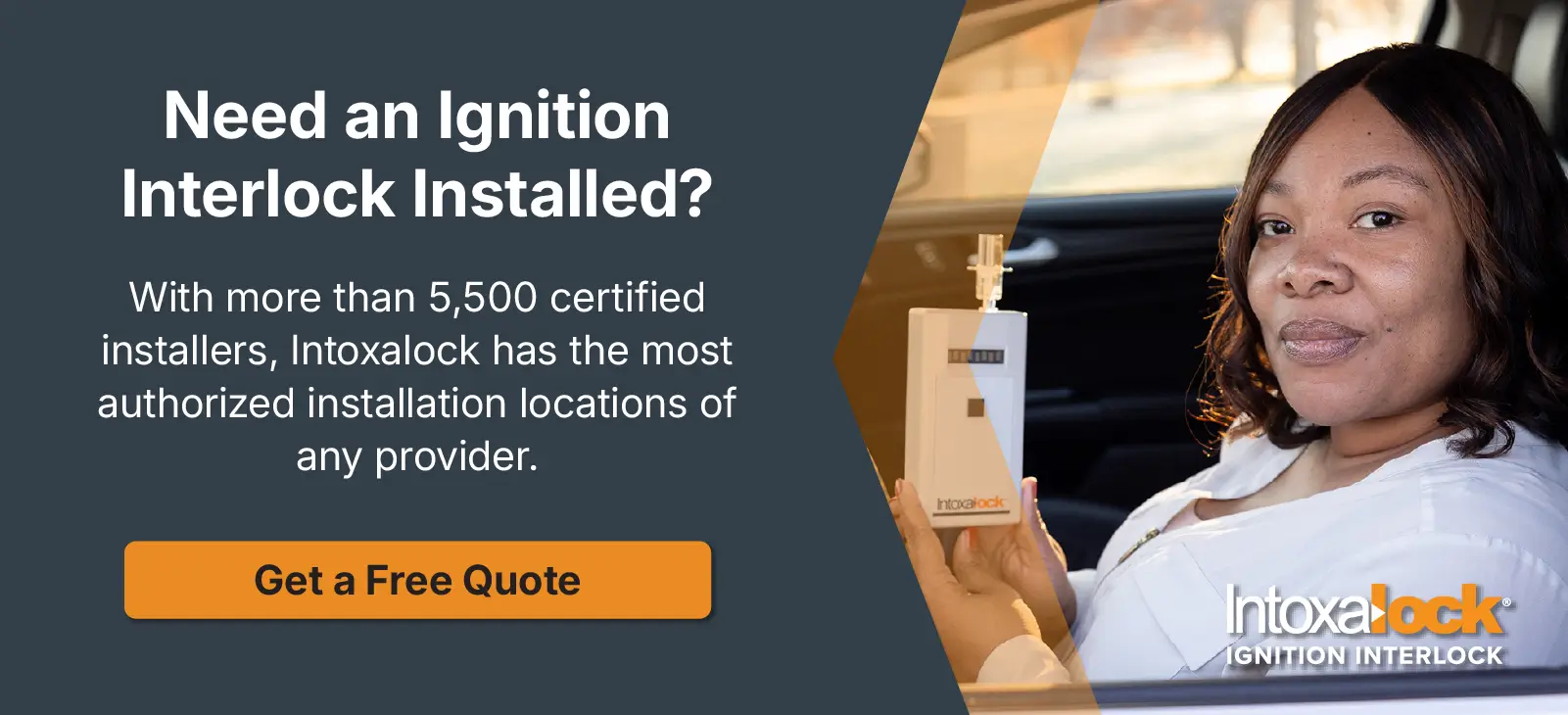What Are Implied Consent Laws?

Driving is a privilege, not a right, and with that privilege comes certain responsibilities. One of these responsibilities is adhering to implied consent laws—rules you agreed to follow the moment you got your driver’s license.
For example, providing your license and registration if you are pulled over is an implied consent law.
These laws play a critical role in promoting safety on the roads and deterring drunk or impaired driving. But what exactly does "implied consent" mean in a suspected DUI, and how can it affect you if you’re pulled over? We’ll explain.
What Do Implied Consent Laws Mean?
Implied consent DUI laws require drivers to submit to alcohol or drug testing when law enforcement suspects impairment. Essentially, by getting a driver’s license, you automatically agree to these terms as a condition of driving on public roads. BAC test laws require drivers to submit to alcohol or drug testing as a condition of maintaining their driving privileges.
What Does an Implied Consent Law Mean for Drivers?
It means that if you’re pulled over for suspicion of driving under the influence (DUI), you can’t refuse a chemical test without facing consequences. These tests—breath, blood, or urine—determine your Blood Alcohol Content (BAC) or whether drugs, including alcohol, are in your system.
What Happens If You Refuse a Test?
Understanding what the implied consent law means includes knowing the penalties for refusal. If you refuse to take the test, you may face immediate DUI consequences, including:
- License Suspension: In most states, your license is automatically suspended for up to a year or more.
- Fines and Fees: Refusal often leads to hefty fines that can add to the cost of dealing with a DUI.
- Additional Penalties: Some states impose harsher penalties for refusing a DUI test than failing one.
For example, in Florida, refusing twice can lead to criminal charges, while in California, a first-time refusal triggers a one-year license suspension. These consequences are meant to discourage refusal, as it’s often viewed as an admission of guilt.
What Is Implied Consent in Driving?
Implied consent in driving applies to all drivers on public roads. It means you’ve given permission in advance for law enforcement to chemically test you if you’re suspected of being under the influence. This system helps maintain safer roads and ensures drivers are held accountable for their actions.
But how does this apply practically? If a police officer observes signs of impairment—like slurred speech or erratic driving and subsequently arrests you —you may be required to take a chemical test. Refusing doesn’t mean you’ll avoid penalties for a DUI; in fact, refusal can often make things worse.
Implied Consent Driving: State-Specific Rules
While the principle of implied consent driving is universal, the details vary from state to state. For example:
- In Texas, refusing can trigger a 180-day license suspension on the first offense, increasing with subsequent refusals.
- In New York, refusing a chemical test results in a license revocation for at least one year, even for first-time offenders.
- In Arizona, refusal may cause drivers to automatically lose their driving privilege for 12 months. Plus, they may be required complete a drug and alcohol education program before getting their license reinstated.
Understanding these differences is crucial if you’re dealing with a DUI or refusal. Remember: Intoxalock provides general DUI information, not legal advice. For more specific guidance about your particular situation, consult with a qualified attorney.
Implied Permission: The Foundation of Implied Consent
The concept of implied permission underpins implied consent laws. By driving, you’re giving implicit permission for chemical testing. Unlike explicit consent, which requires a direct agreement, implied permission is assumed because of the conditions tied to holding a driver’s license. This subtle distinction ensures that law enforcement has the tools needed to address impaired driving effectively.
Ignition Interlock Devices and Implied Consent
For drivers who face DUI charges, often including punishment for refusing DUI chemical testing, one common requirement is the installation of an ignition interlock device (IID). These devices help drivers comply with anti-drunk driving laws by ensuring their breath alcohol concentration (BrAC) is below the legal limit before starting their vehicle.
Schedule Your Installation Today
Don’t let a DUI or refusal to comply with implied consent laws keep you off the road. With Intoxalock, you can meet either types of legal requirements quickly and easily.
With over 5,500 locations nationwide and top-rated devices designed for ease of use, Intoxalock is here to make the process as smooth as possible. Schedule your ignition interlock installation today to take the first step toward driving safely and legally.




